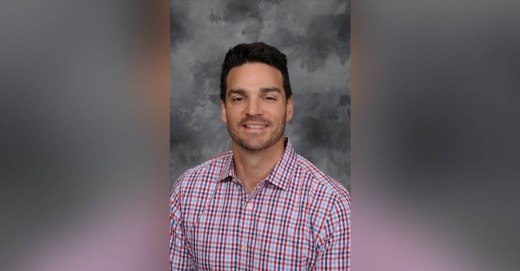As the chief academic officer, he oversees the day-to-day operations of the district’s instructional program and curriculum, and manages professional development for teachers and principals, he said. Garza spoke with Community Impact Newspaper in an interview July 23.
What were some of the biggest challenges the district faced with COVID-19?
Well, like everybody else, no doubt it was just kids missing school. [Students] basically lost a fourth of the year in 2020, and then last year with the delayed or soft start we had, we kind of missed the first four weeks. ... That just set us back a little bit. Not having everyone in the building and then just the whole component of online learning and the weight that added to teachers [was also a challenge]. ... There will be some hurdles here and there, but at the moment at least we’re operating as business as usual.
How is MISD planning to address learning loss?
We’ve looked at the [State of Texas Assessments of Academic Readiness] scores from this past year. That’s obviously a very good barometer of where you are now. ... In the nontest areas, we can look at reading levels for elementary [students] and SAT scores, ACT scores for high school. ... In eighth-grade math last year there was a specific concept or two that the kids did not do well on. We introduced [those concepts] virtually in spring 2020 when we had kids out of the building for the first four weeks, so we had some holes there. Now, we can go back and fix that at a much deeper level. We’re trying to get individualized for students and ... figure out what each student needs.
What do STAAR results show about areas to improve?
It was a mixed bag. It was interesting because we actually had some grade levels that showed some gains last year, which you would think would not be the case. Our intermediate reading scores actually showed some gains, and at the high school level we showed some gains. ... Math statewide took a tremendous hit, and that was our biggest area, by far, that we saw some hits with as well.
Are there any new courses or major changes to the curriculum coming?
We just have invested quite a bit in intervention teachers, particularly at the elementary level. We added some kind of intervention staff to all the levels, [kindergarten] through [grade] 12, so they all have more people. A large part of that has to do with [Elementary and Secondary School Emergency Relief] funds. We’ve invested a lot in people and trying to get our infrastructure in place so that we can address all these [learning] needs. ... We’re [also] definitely ramping up our summer programs. For this summer we had a much larger elementary summer program than we’ve ever had before. We’ll be doing more of that next year, and we’d like to expand that to the upper grades as well.
What is your advice to students and teachers?
I think everyone needs to know as we’re going through that there are probably going to be more holes that are not seen at the moment. We’ll have students come back to the building this year that had not been in a school building in over a year, and with that there’s going to be some social [and] emotional issues that we have to address more than we currently are aware of.





